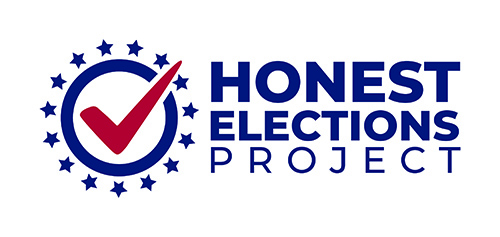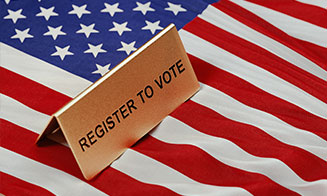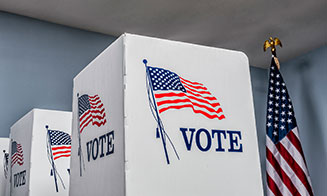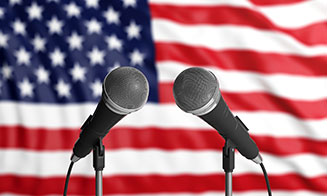Asking for ID doesn’t stop people from voting.
Being asked for I.D. is a routine fact of life for nearly everyone. Americans understand why they need a photo ID when they board an airplane, order a drink at a bar, buy certain cold medications, or drive a car. It isn’t to prevent lawful conduct; it’s to help stop illegal activity. Voter identification requirements are no different, and that’s why Americans consistently back voter ID laws by wide margins. In fact, 36 states have adopted some form of ID requirement.
Of course, partisan activists take a different view. They claim something as mundane as asking for ID is actually intended to block people from voting and depress voter turnout, particularly among low-income and minority communities. The evidence tells a very different story, though:
- Despite roughly two-thirds of the states being subject to a voter identification law, voter turnout in 2018 saw an historic surge. Pew Research Center analysts saw “historic jumps” among every racial group. In fact, Black turnout rose nearly 27%, slightly outpacing the 26% turnout increase among White voters. Hispanic and Asian voters blew away both groups, though, climbing an incredible 50%.
- States which adopt voter ID laws often see minority voter participation climb after adoption at rates that exceed white voter participation – clear indications that these laws do not depress voters.
- For example, Georgia has a voter ID law in place and has been accused of engaging in deliberate “voter suppression,” yet the U.S. Census Bureau confirms that Black voter participation outpaced White participation by three points in the 2018 midterms.
- Studies exploring the impact of voter ID laws on turnout have concluded that these laws do not negatively impact turnout in American elections.
Hyperbolic rhetoric works well for building narratives, but good policy depends on facts—and the facts thoroughly debunk the claim that voter ID laws depress voter turnout.
READ MORE—
- Crawford v. Marion County Election Board
- Voter Identification Requirements—National Conference of State Legislatures
- Overview of 2018 Voter Turnout Data—Pew Research Center
- The Empirical Effects of Voter ID Laws: Present or Absent, 42 PS: POL. SCI. & POL. 121 (2009).
- Strict Voter Identification Laws, Turnout, and Election Outcomes—National Bureau of Economic Research
- Voting and Registration in the Election of November 2018—U.S. Census Bureau



